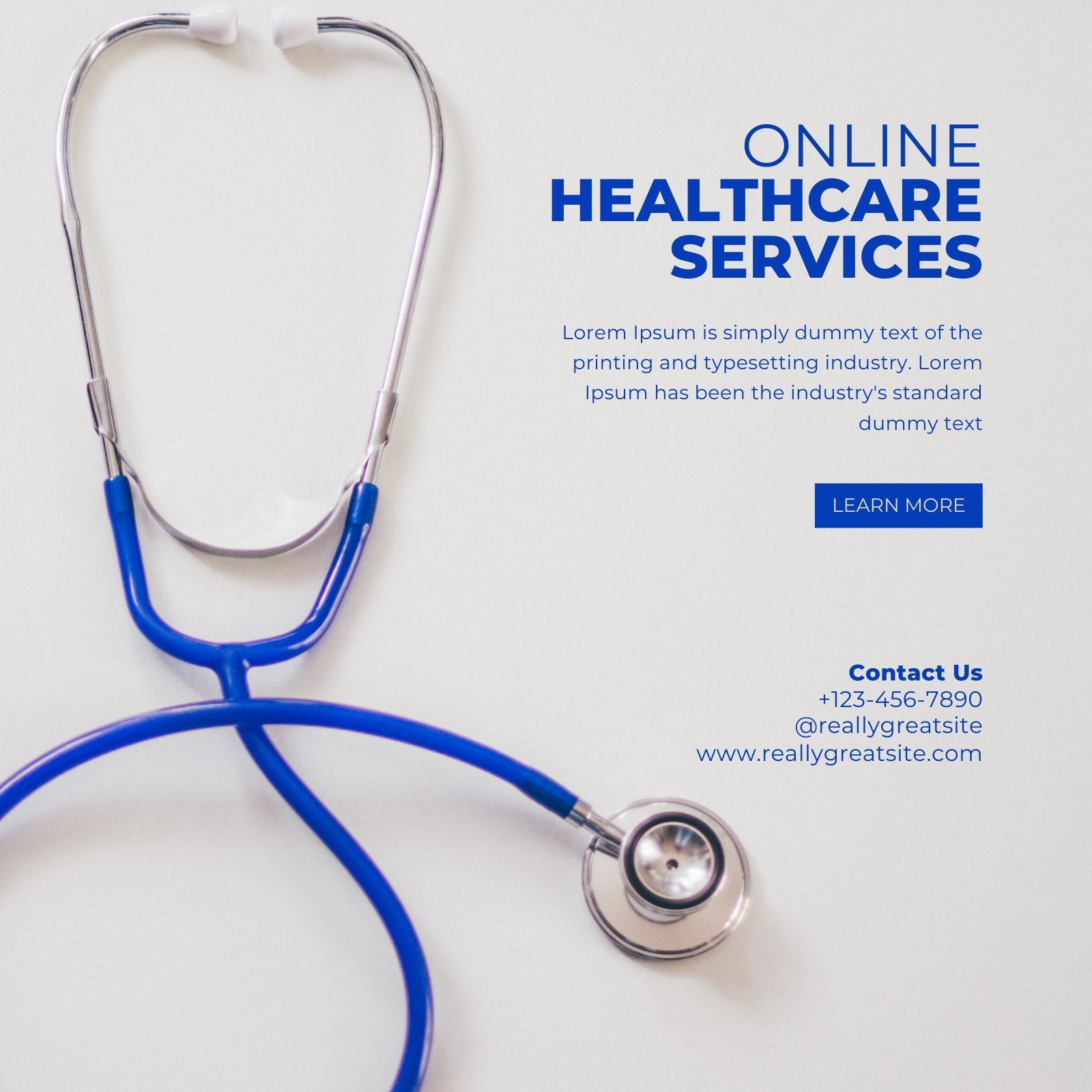The Future of Medicine: Checking Out Subscription Based Healthcare Designs
The Future of Medicine: Checking Out Subscription Based Healthcare Designs
Blog Article
Recognizing the Cost-Effectiveness of Subscription-Based Medical Care Models
As the health care landscape develops, subscription-based models arise as a compelling choice, promising to redefine exactly how people manage clinical expenses. Reviewing these models' cost-effectiveness requires a nuanced contrast with typical insurance coverage, taking into consideration both monetary effects and patient fulfillment. While they supply openness and predictability in prices, inquiries remain regarding their capability to fulfill varied healthcare needs, particularly for specialized treatments. The viewpoints of healthcare carriers even more complicate this formula, presenting a diverse difficulty. What does the future hold for these versions, and can they really provide on their guarantee of easily accessible, budget-friendly treatment?
Summary of Subscription-Based Models
Subscription-based healthcare versions, often described as direct medical care or concierge medicine, are significantly getting interest as a potential remedy to inadequacies within standard health care systems. These models run on the principle of offering patients straight access to healthcare suppliers with a monthly or yearly charge, bypassing the need for typical insurance policy systems. This arrangement intends to streamline patient-provider communications by decreasing management problems, which often hinder timely and individualized care.
At the core of subscription-based versions is the emphasis on a much more personalized individual experience. Patients take advantage of boosted access to their medical professionals, typically consisting of same-day or next-day consultations, extended examination times, and direct communication networks such as phone or video clip phone calls. This version fosters a positive strategy to healthcare, where individuals and providers can collaboratively focus on preventative care and persistent condition management.

Cost Comparison With Standard Insurance Policy

One of the primary financial advantages of subscription models is transparency in costs. Patients pay a foreseeable cost, which can streamline budgeting and economic preparation. Furthermore, these designs normally get rid of co-pays and deductibles for covered services, reducing out-of-pocket spending. Alternatively, typical insurance policy might be a lot more beneficial for individuals requiring specialized care or pricey therapies not covered under a membership design, as they gain from the broader coverage network and cost-sharing devices.
Nonetheless, cost-effectiveness is context-dependent. While membership versions may supply cost savings for those largely needing medical care, people with persistent conditions or specialized health care needs may locate traditional insurance policy more detailed. Reviewing particular health care needs and possible usage is important in figuring out the most cost-effective option for individuals.
Effect on Person Satisfaction
Individual complete satisfaction within subscription-based healthcare models commonly shows a considerable improvement over traditional insurance policy systems. Unlike standard systems, where clients might experience hold-ups in getting care, subscription-based versions make sure more straight and prompt interactions with healthcare carriers.
Additionally, the transparency in prices related to subscription-based healthcare relieves the typical aggravations associated with unforeseen fees and complicated billing procedures seen in conventional insurance policy (subscription based healthcare). Clients value understanding the specific monetary dedication upfront, resulting in raised count on and self-confidence in their healthcare monitoring
Additionally, the focus on preventive care and health in subscription designs adds to improved wellness see this page outcomes, additionally enhancing patient contentment. By focusing on recurring health care instead than anecdotal care, individuals experience an even more continual and all natural healthcare journey.
In addition, the enhanced provider-patient relationship promoted in these versions, defined by even more time invested per patient and customized interest, plays a crucial role in raising individual contentment degrees, as patients feel genuinely taken care of and comprehended.
Carrier Perspectives and Experiences
From the company's perspective, subscription-based health care designs use a transformative technique to supplying clinical solutions. These designs highlight a preventative and aggressive medical care strategy, enabling suppliers to concentrate on detailed person care without the restrictions of conventional fee-for-service arrangements (subscription based healthcare). This shift in emphasis usually causes boosted individual results and enhanced service provider complete satisfaction, as healthcare professionals can allocate even more time and sources to client engagement and personalized treatment plans
Furthermore, subscription versions assist in predictable revenue streams, which boost economic stability for healthcare providers. This predictability permits enhanced resource preparation and allowance, contributing to an extra effective healthcare distribution system. Suppliers can purchase staff innovation, training, and infrastructure enhancements, thus boosting the high quality of care used.
However, the change to subscription-based models is not without obstacles. Service providers have to adapt to brand-new operational frameworks, which can entail considerable adjustments in billing methods and patient administration systems. Additionally, there is an intrinsic demand for robust information management to track client end results and guarantee top quality care. In spite of these hurdles, numerous providers discover that the benefits of boosted person interaction and streamlined procedures exceed the first challenges, making subscription-based versions an appealing choice.
Future Leads and Obstacles

A main challenge is governing conformity, as subscription versions need to comply with evolving health click reference care policies and insurance policy demands. This necessitates continual adaptation and innovation to make sure alignment with lawful requirements. In addition, incorporating these models right into existing healthcare facilities can be complex, calling for significant financial investments in technology and training.
There is additionally the potential threat of creating injustices in healthcare gain access to, as registration designs could favor those that can manage them, leaving susceptible populaces underserved. Addressing this needs thoughtful factor to consider of pricing methods and subsidy systems to make certain inclusivity.
Conclusion
Subscription-based medical care models provide a feasible choice to conventional insurance policy by offering monetary predictability and openness, specifically benefiting individuals with persistent problems or constant healthcare requirements. The cost-effectiveness of these versions rests upon individual healthcare usage patterns and conditions. While they might enhance client fulfillment and simplify budgeting, challenges remain in attending to specialized treatment click demands. Future factors to consider consist of stabilizing comprehensive coverage with cost and integrating these designs within the wider health care system for optimum end results.
Subscription-based medical care versions, occasionally referred to as straight main care or concierge medication, are significantly getting interest as a potential solution to inefficiencies within typical medical care systems. Unlike standard systems, where clients might experience hold-ups in getting care, subscription-based models make certain even more direct and prompt communications with health care companies.
These versions highlight a aggressive and preventative health care method, allowing providers to concentrate on detailed client treatment without the restrictions of traditional fee-for-service setups. As these designs proceed to get traction, they use the potential to change client accessibility to care, enhance service shipment, and optimize health care spending.Subscription-based health care models provide a viable option to traditional insurance coverage by offering monetary predictability and openness, particularly profiting individuals with chronic problems or frequent health care demands.
Report this page